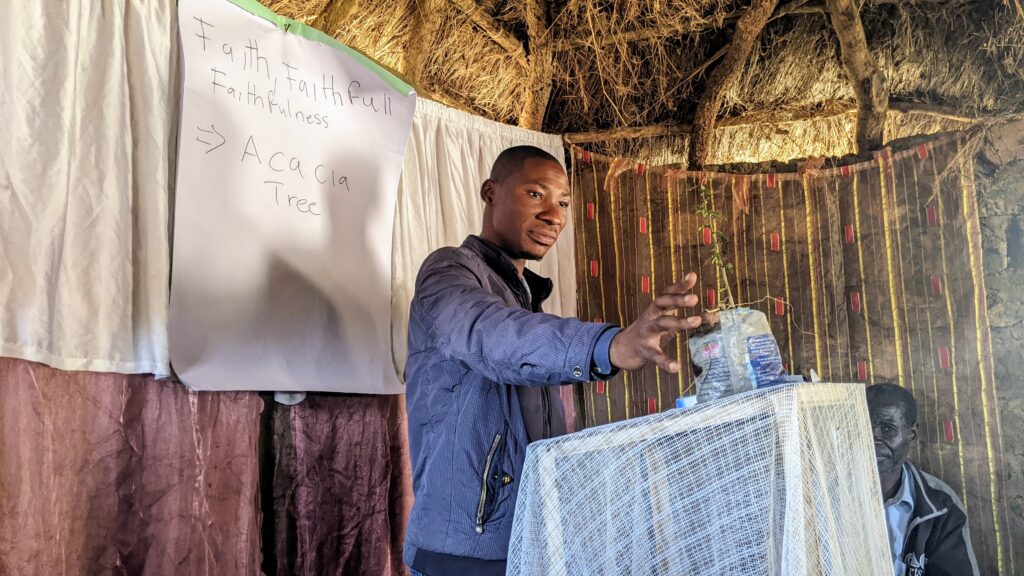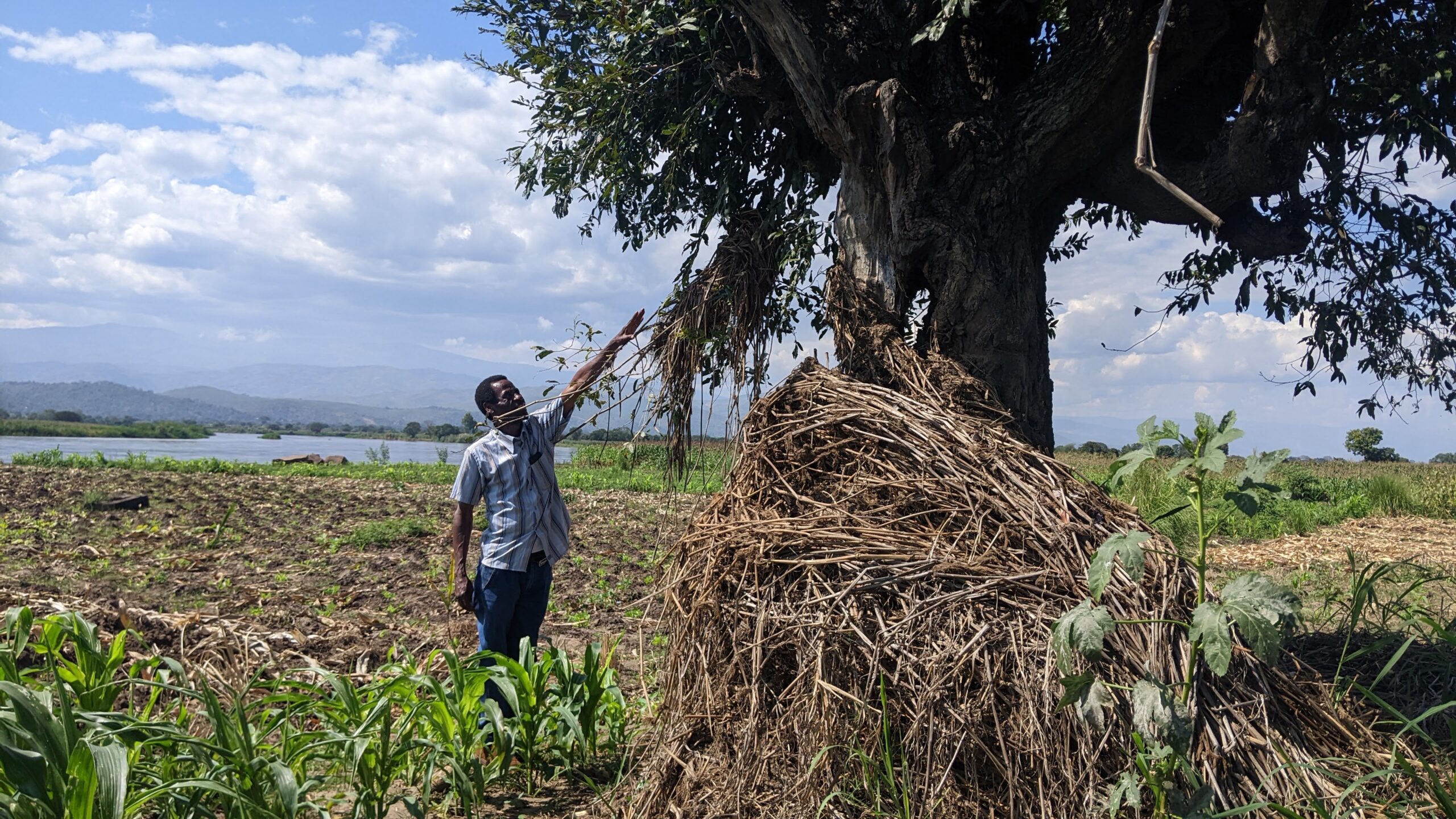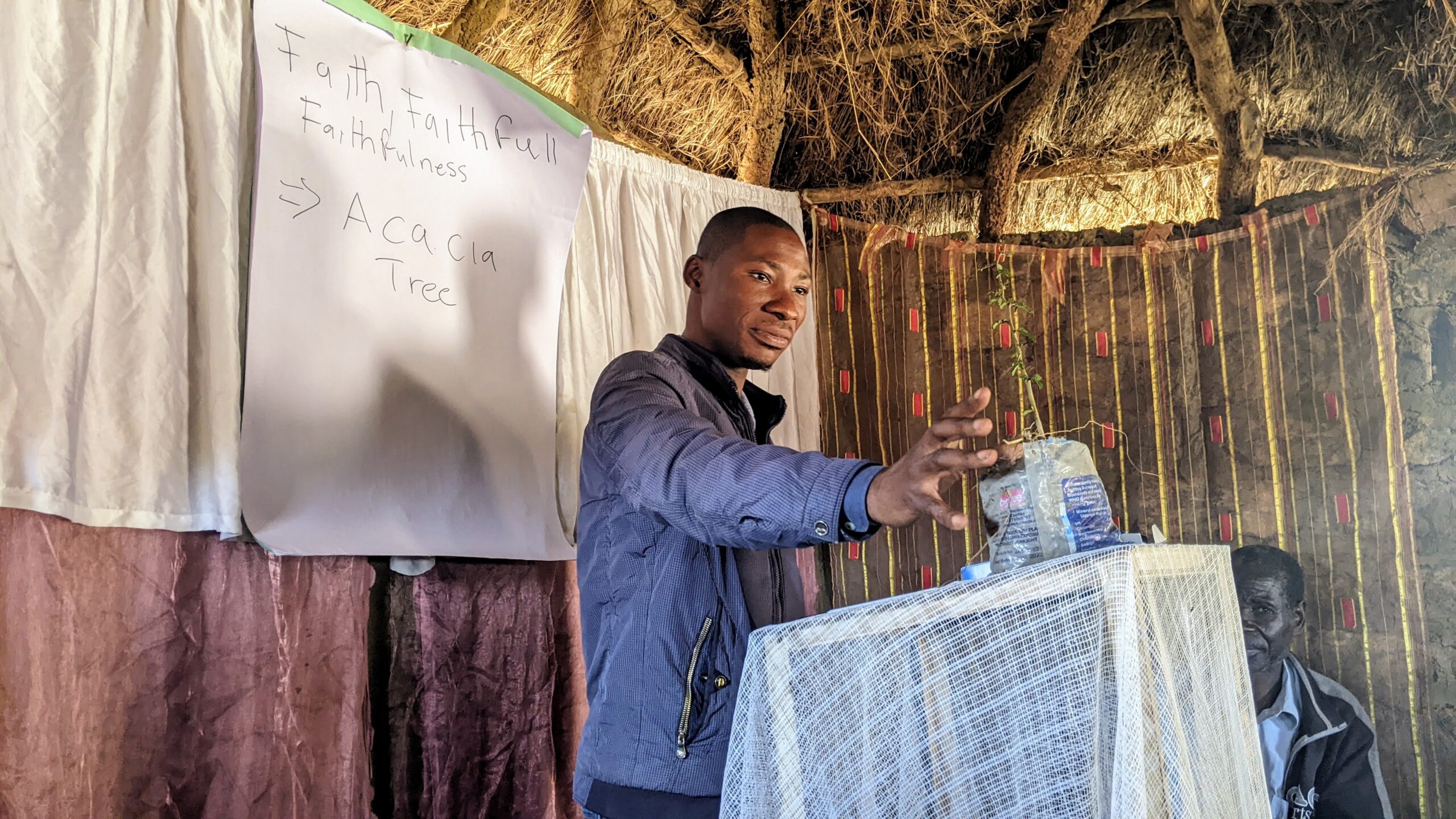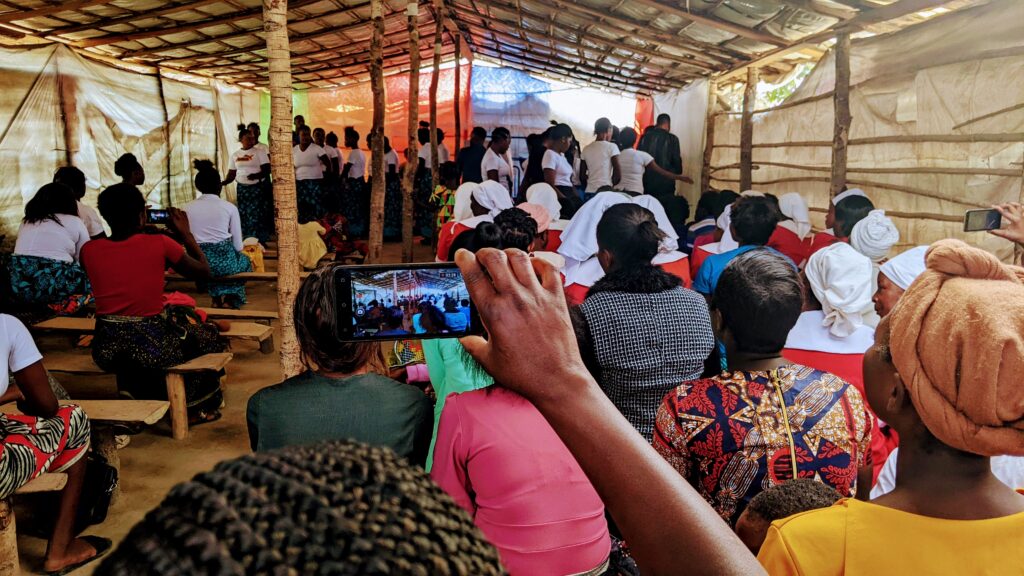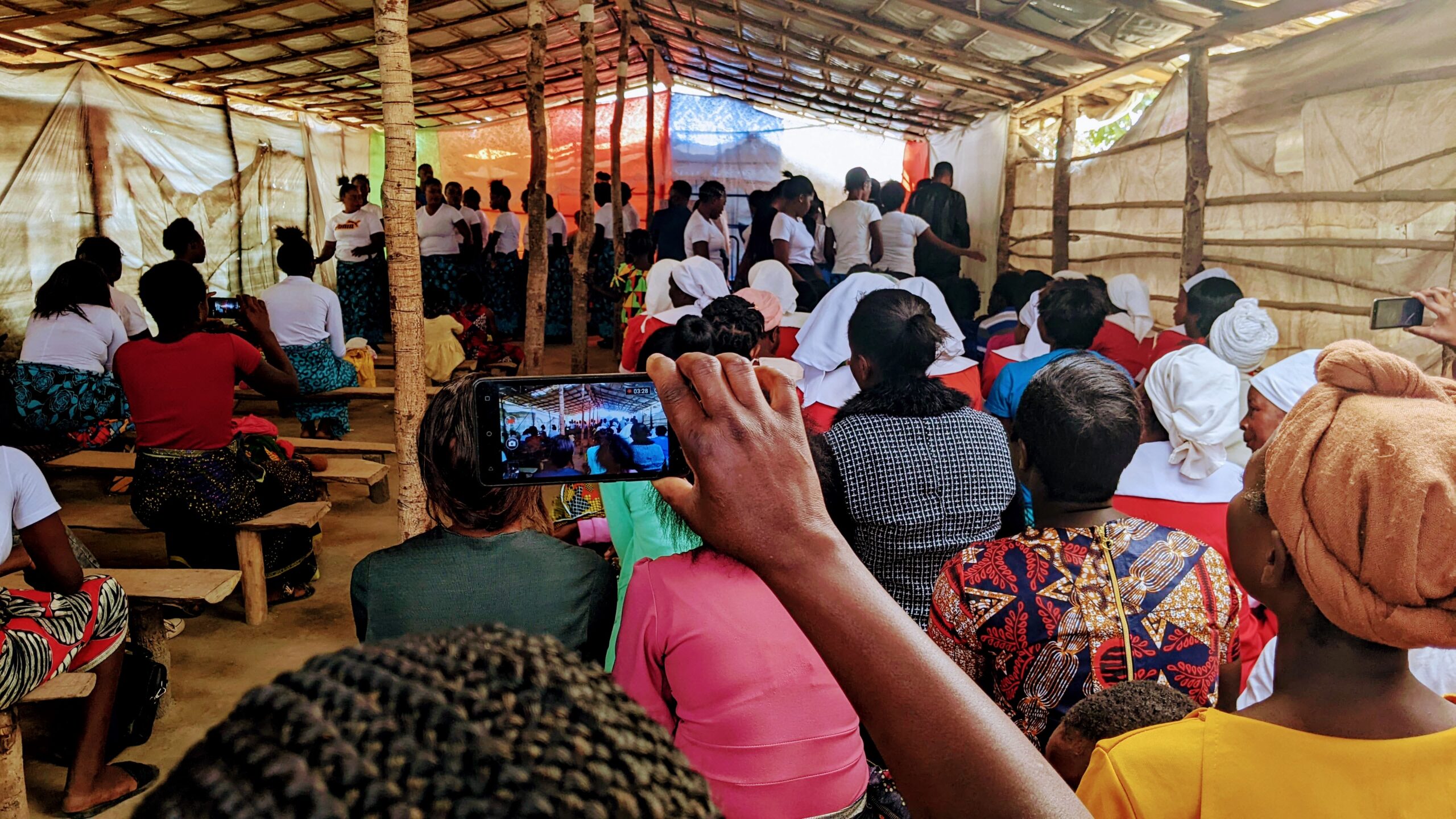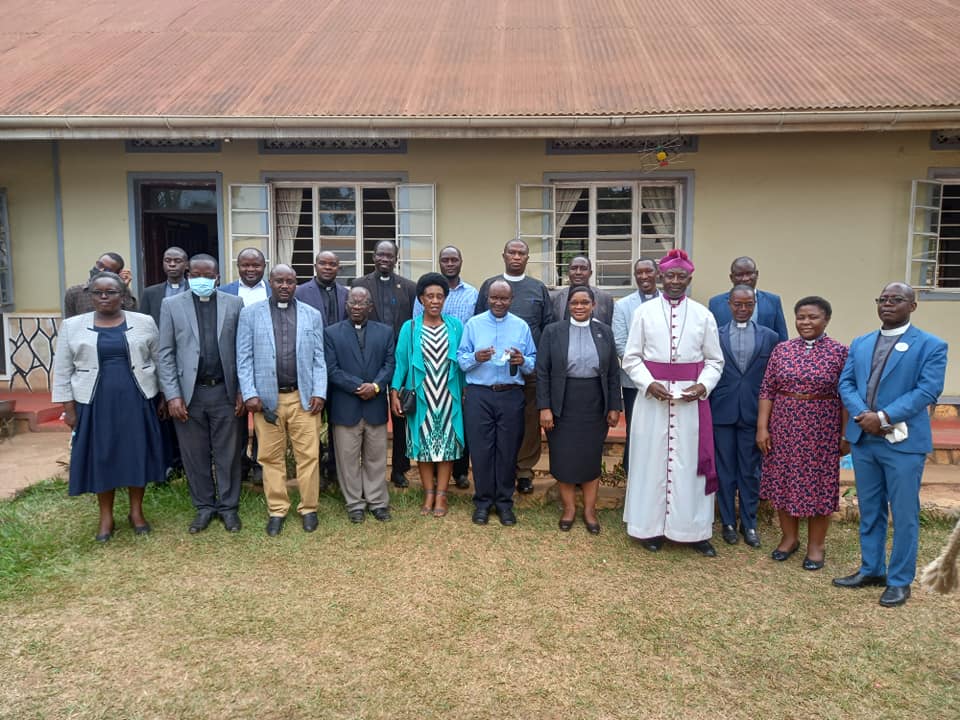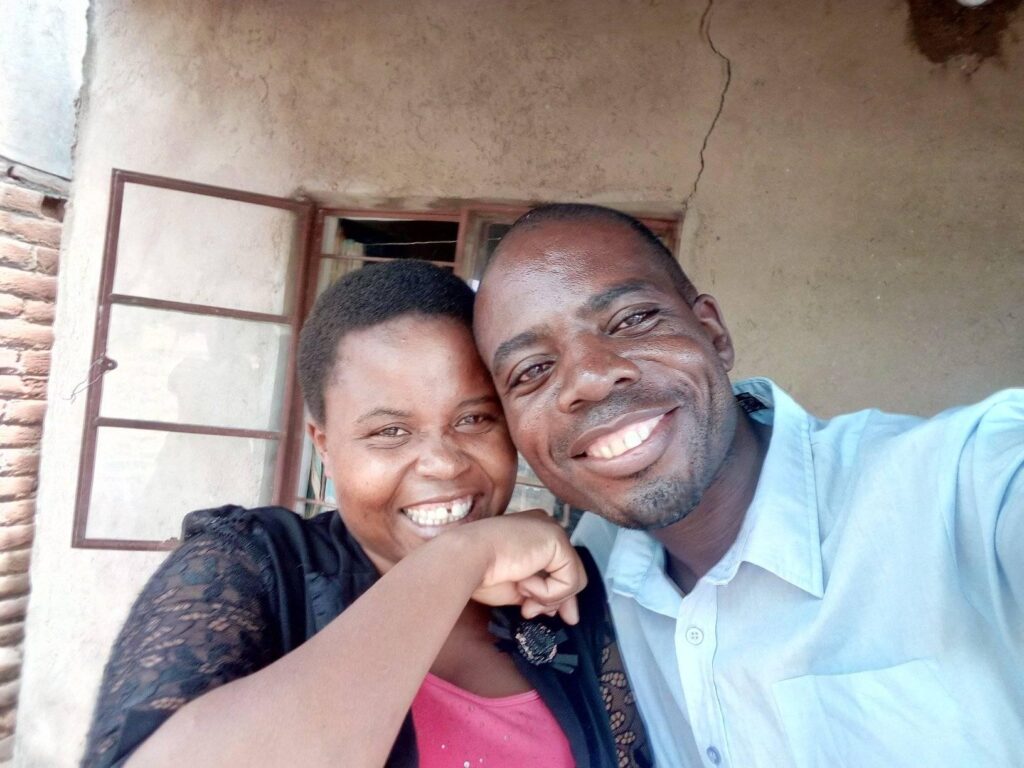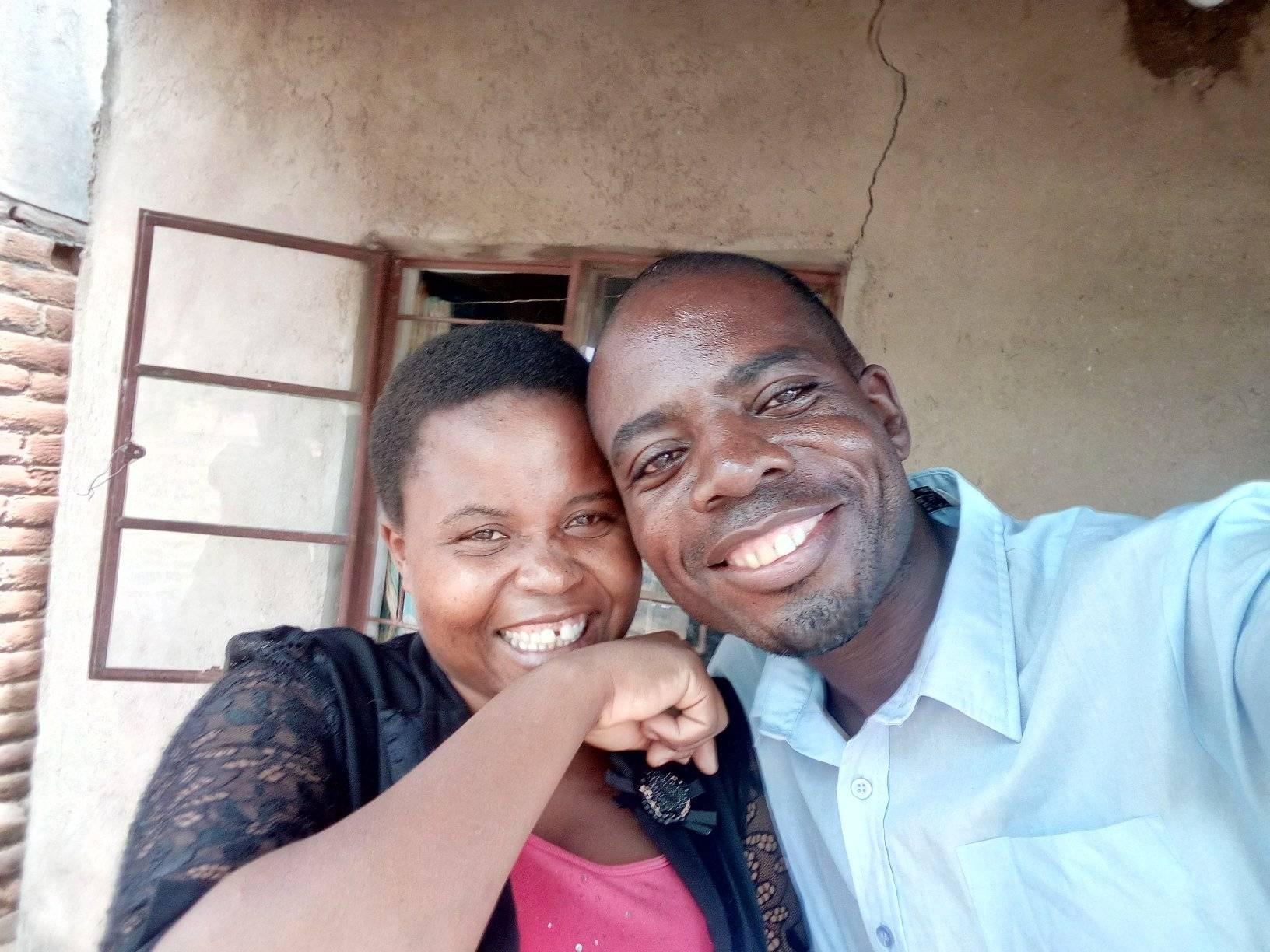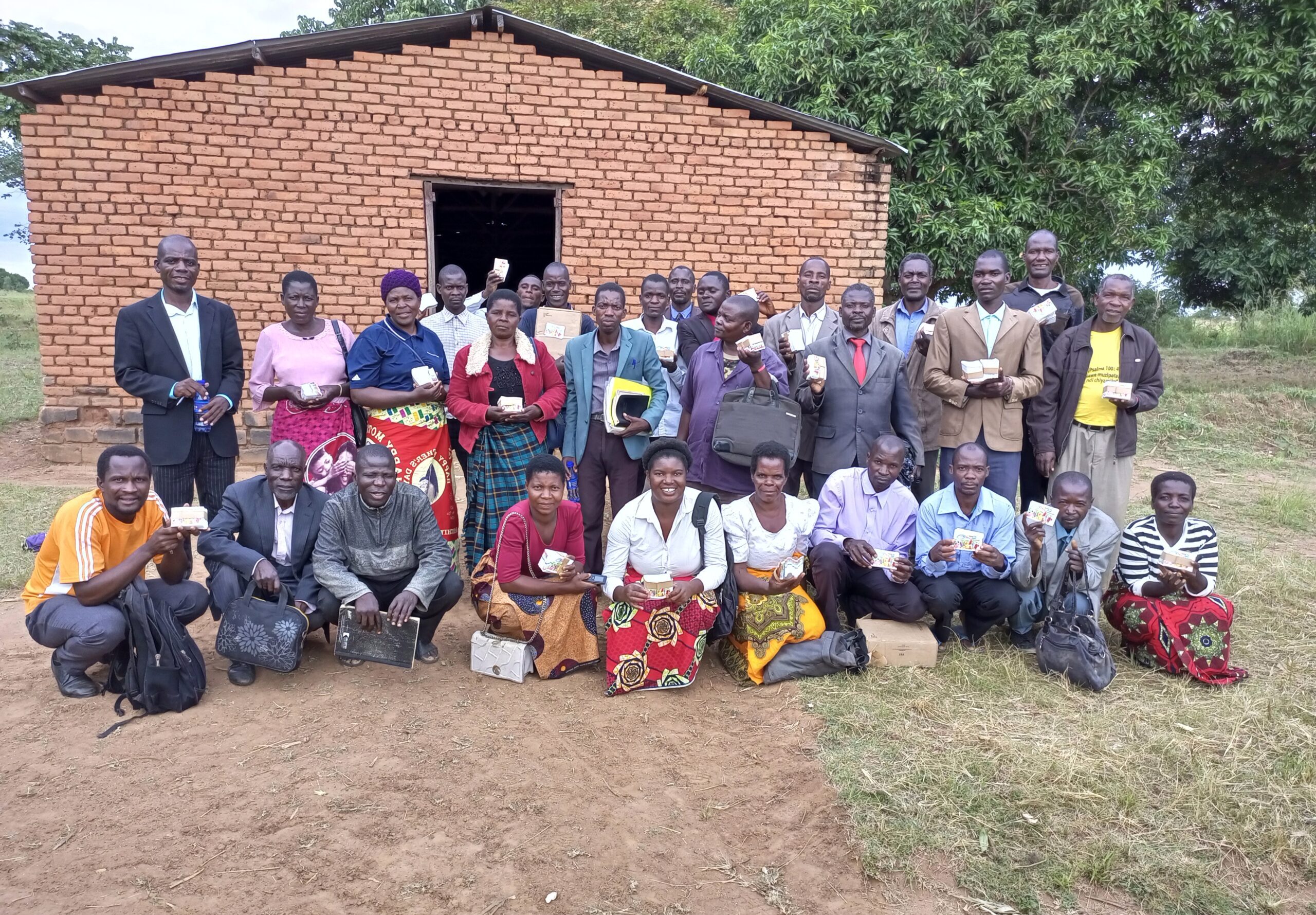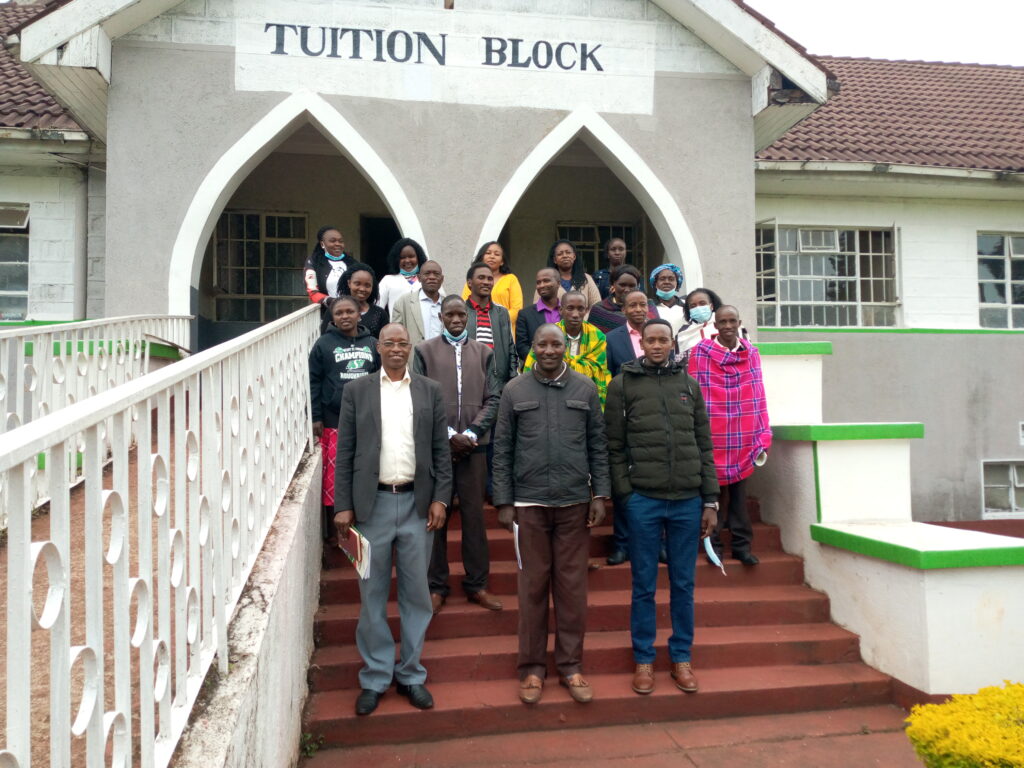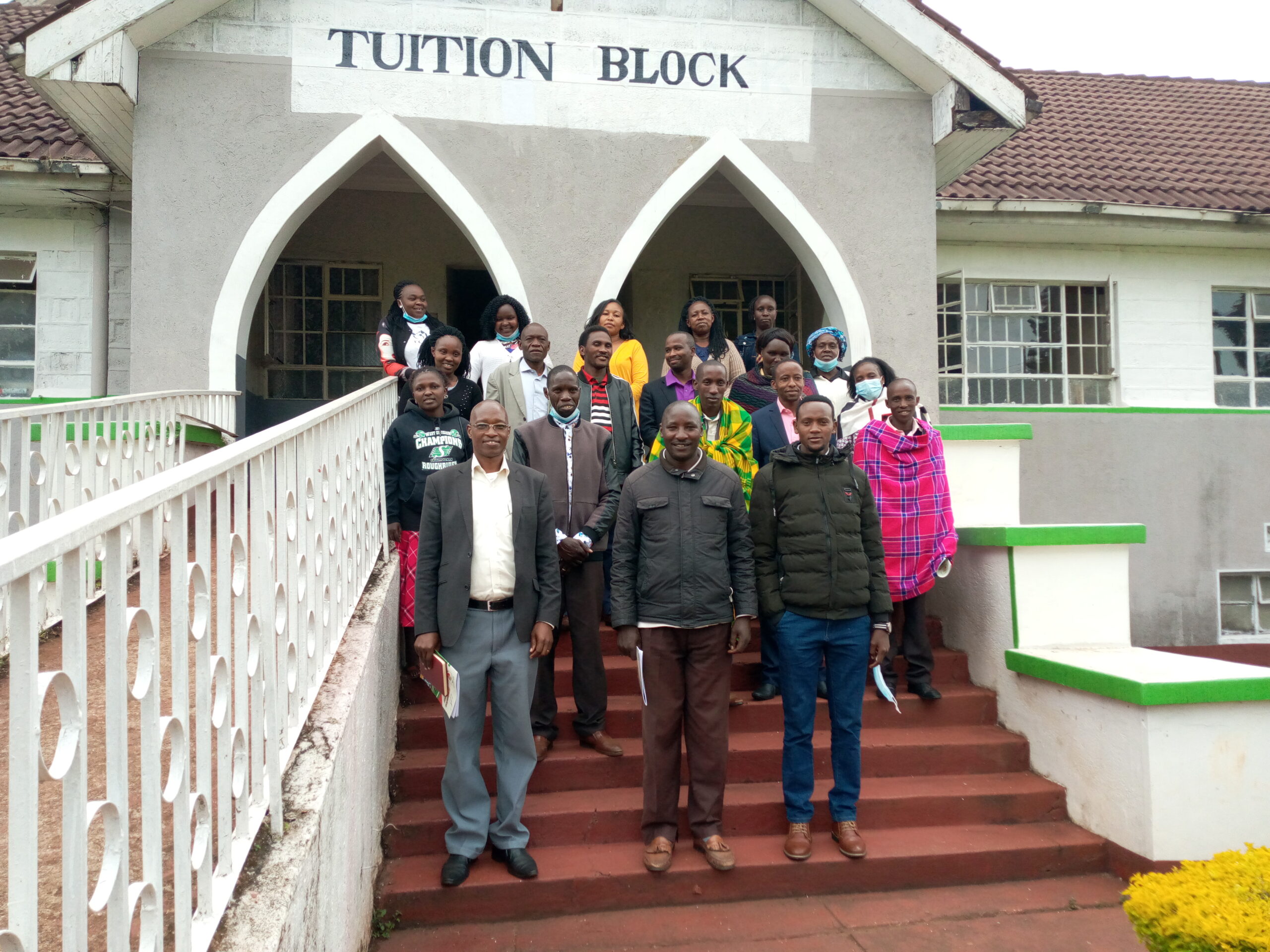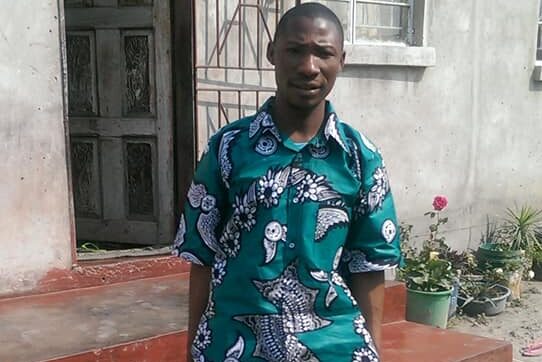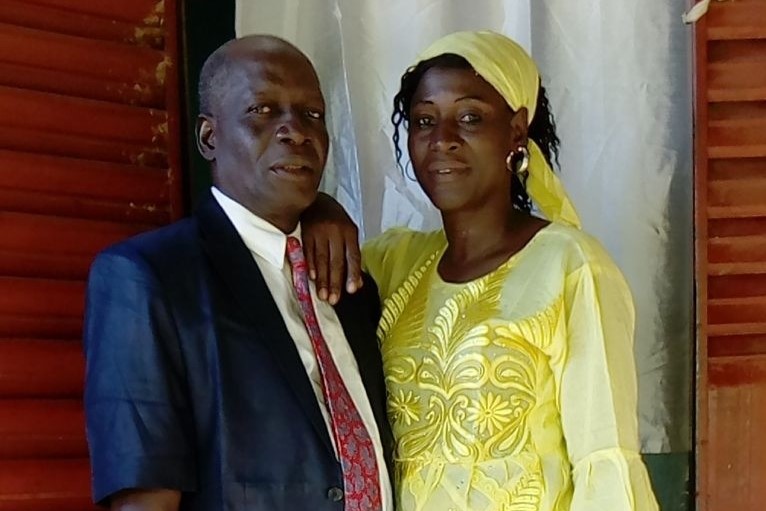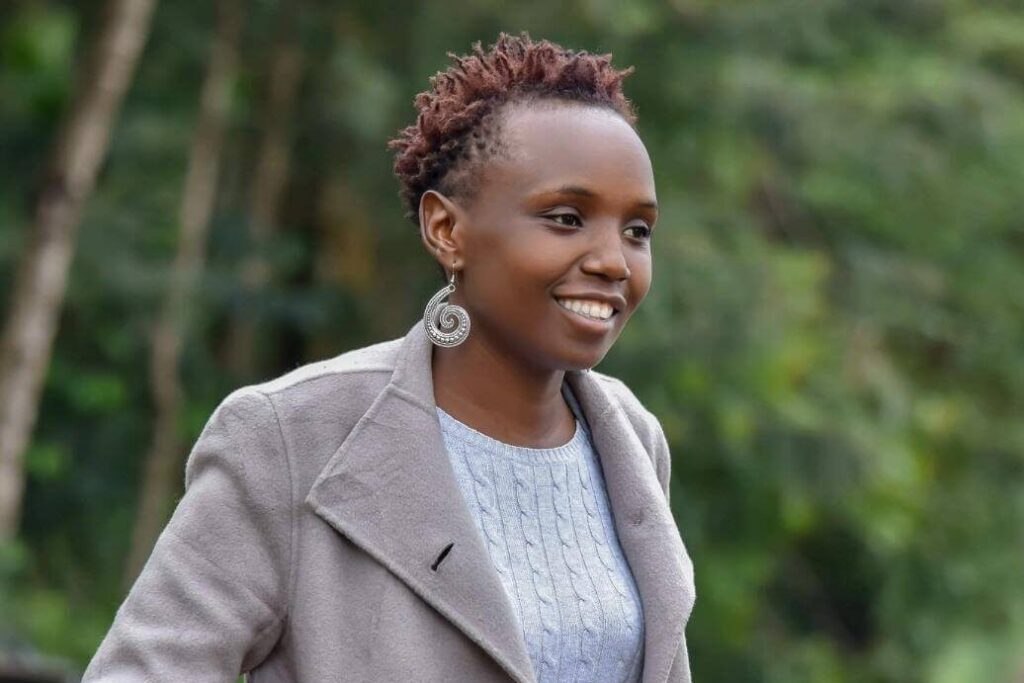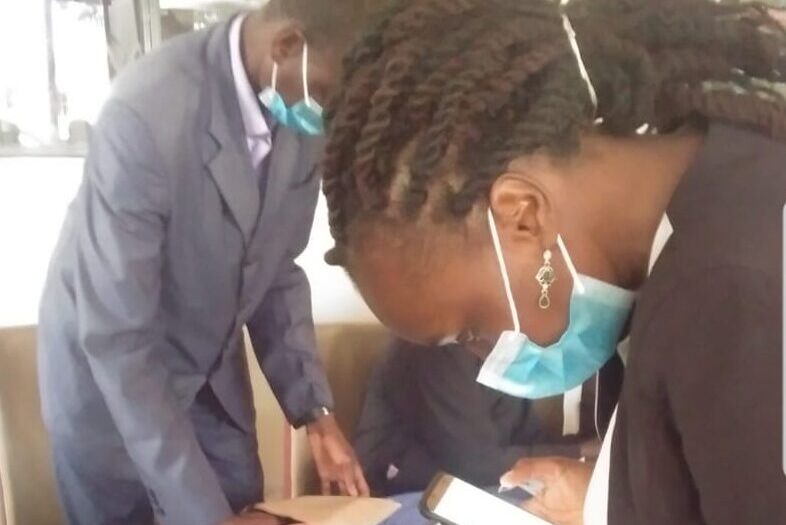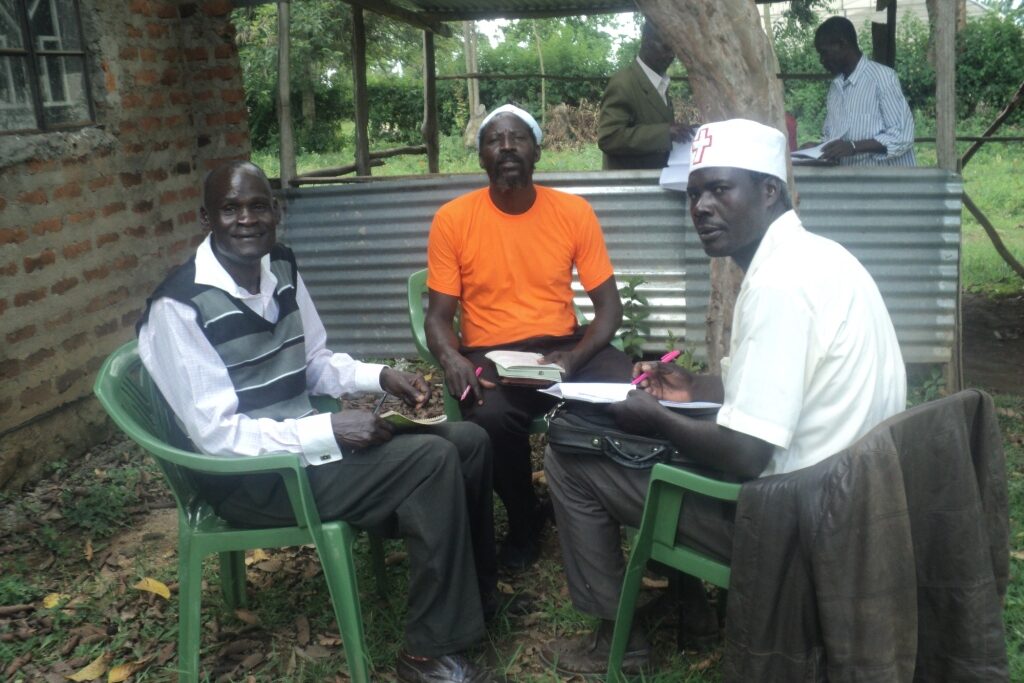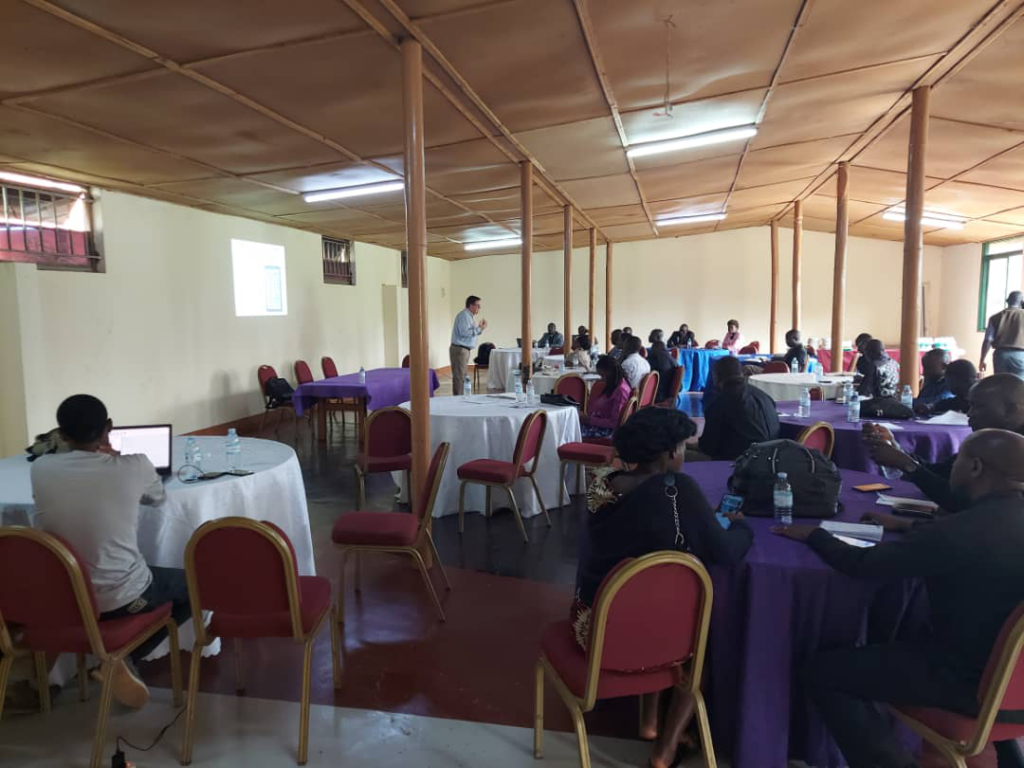
The Church of Uganda is the largest denomination in the country with around 11 million members. APF are working closely with the Church of Uganda to support their vision of building digital, pastoral and theological capacity amongst their clergy. In November, a hundred ‘Group 2’ clergy gathered for training. Group 2 clergy serve in semi-rural communities or informal urban centres. Moses Muwulya, an ordinand, describes his experience.
In November, pastors from the Church of Uganda were led on a training journey by APF’s Revd Dave Stedman. Attending were ordained clergy and ordinands (trainee clergy) from various dioceses from across Uganda.
A key part of the training was about accessing the eVitabu app. This was, for us all, the headline part of the experience. We learnt how to download and install eVitabu on our smartphones and how to search for resources in the app. eVitabu will quench my thirst for Christian education material because it has a wealth of information from many different contributors. I am really looking forward to exploring the app further and finding resources for my community, church and family.
We also discussed digital culture and theology. The training on digital theology in Africa was very timely. We were all forced to embrace digital ministry during the Covid-19 pandemic out of panic as a response to the crisis. We were reactive and not prepared. This training helped us build on those experiences by having time for theological reflection around the opportunities and dangers of technology in church ministry.
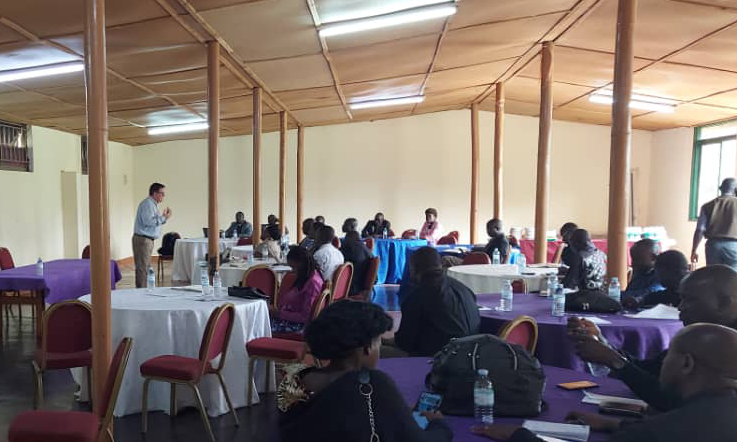
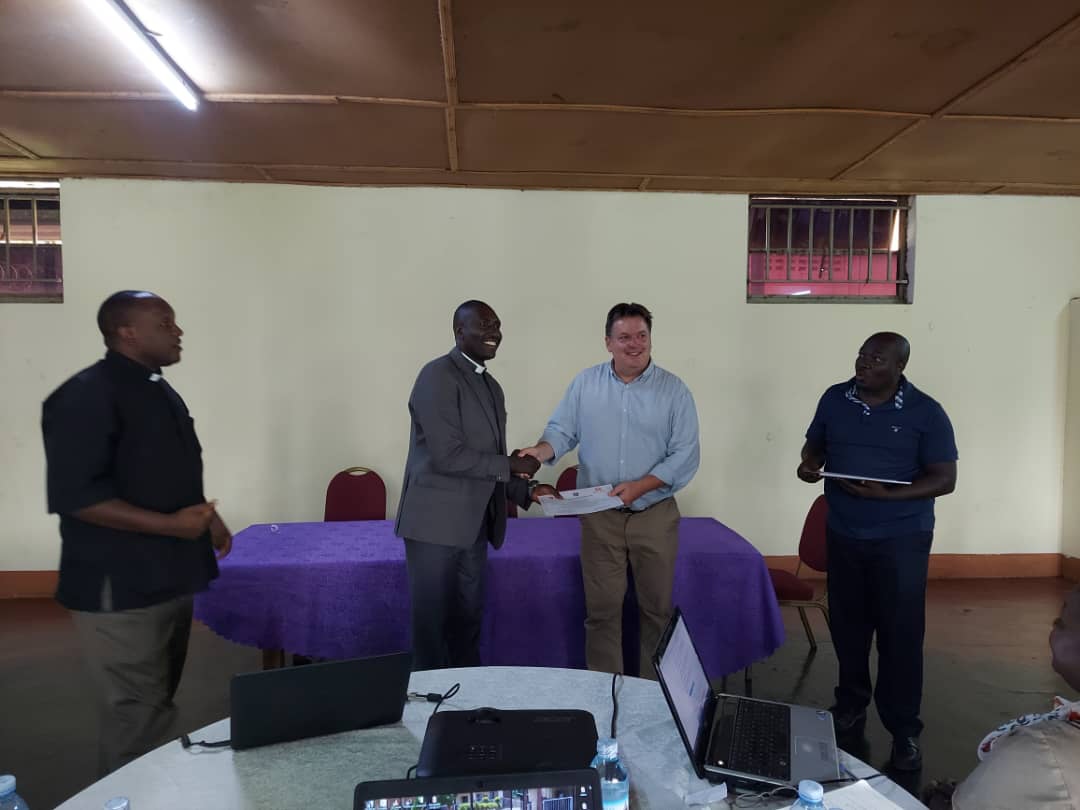
During the training, we dived into some deep theological discussions around recent developments in technology and how they will impact society and ministry. For example, we discussed the theological implications of giving and receiving the sacraments during an online gathering. This was a very significant discussion with important implications for Anglican sacramental theology.
We also discussed the difference between online church and church online. Online church is a community coming together online to worship, but church online is a hybrid form with both on-site and online worship. This was so useful to understand and gave us much to think about.
We all left the gathering and returned to our dioceses ready to share with Christ’s Church in Uganda our new skills and information, as well as eVitabu. God’s people shall not perish because of lack of knowledge (Hosea 4:6) because our cup of information is overflowing courtesy of eVitabu.

